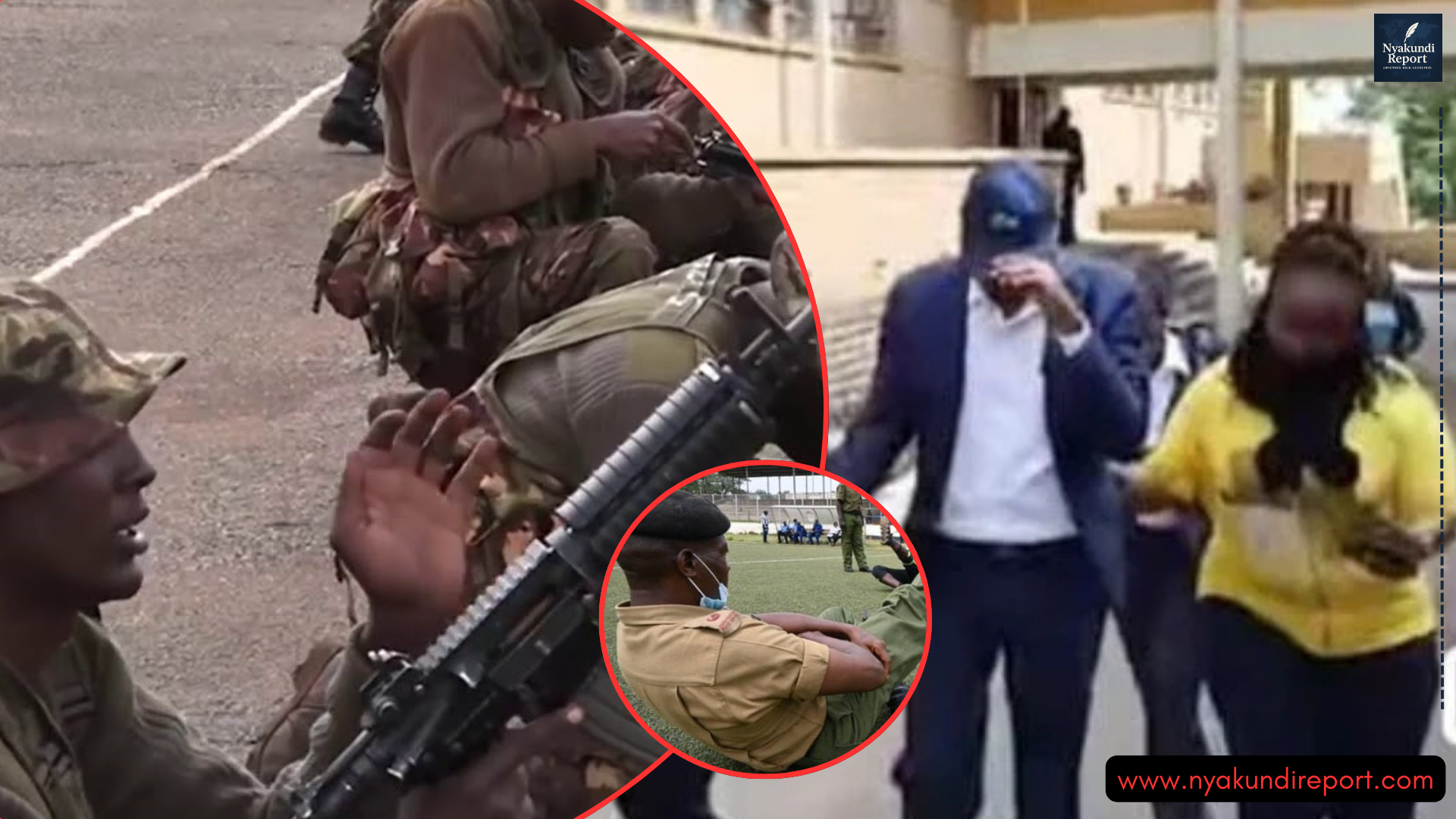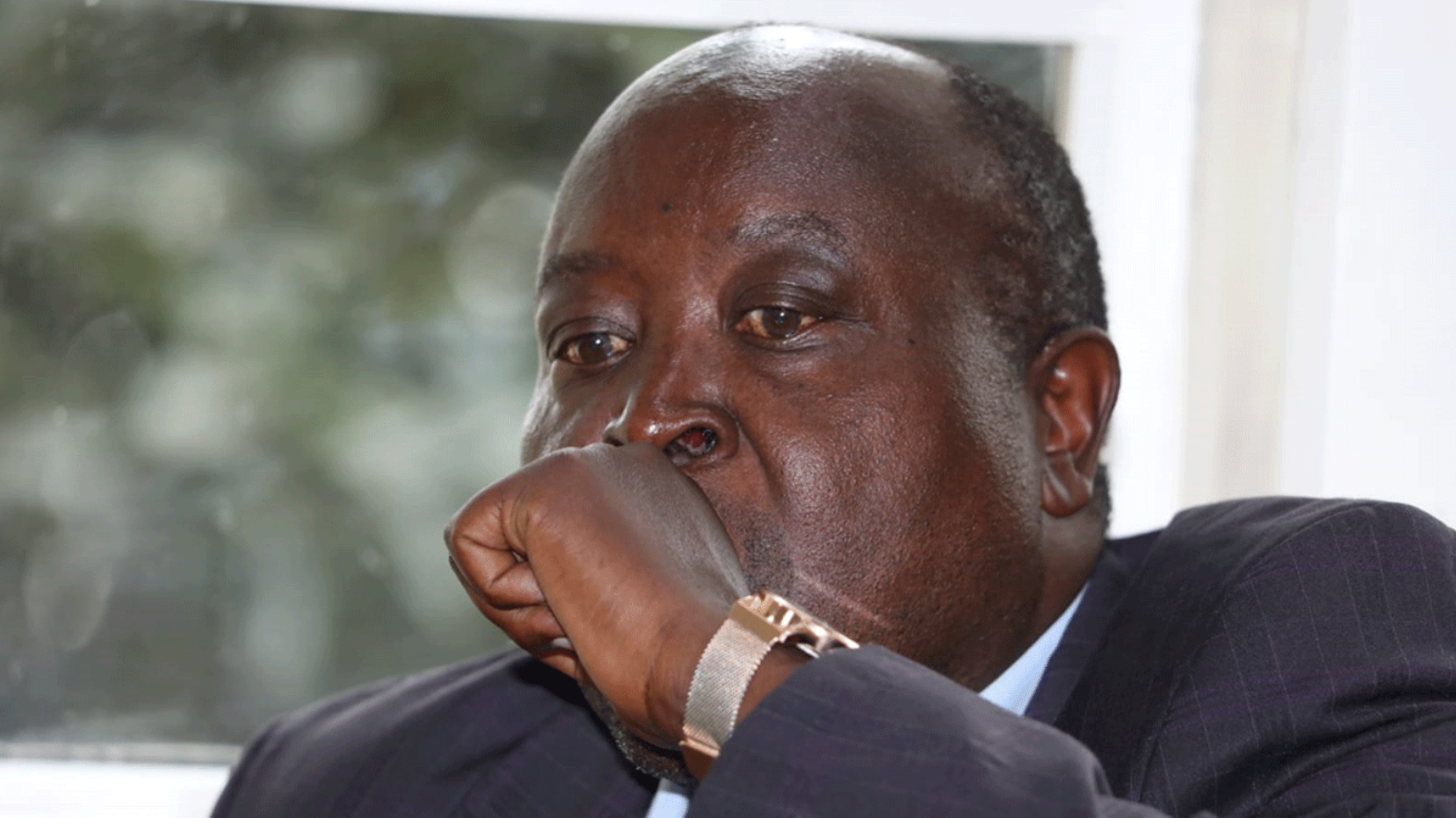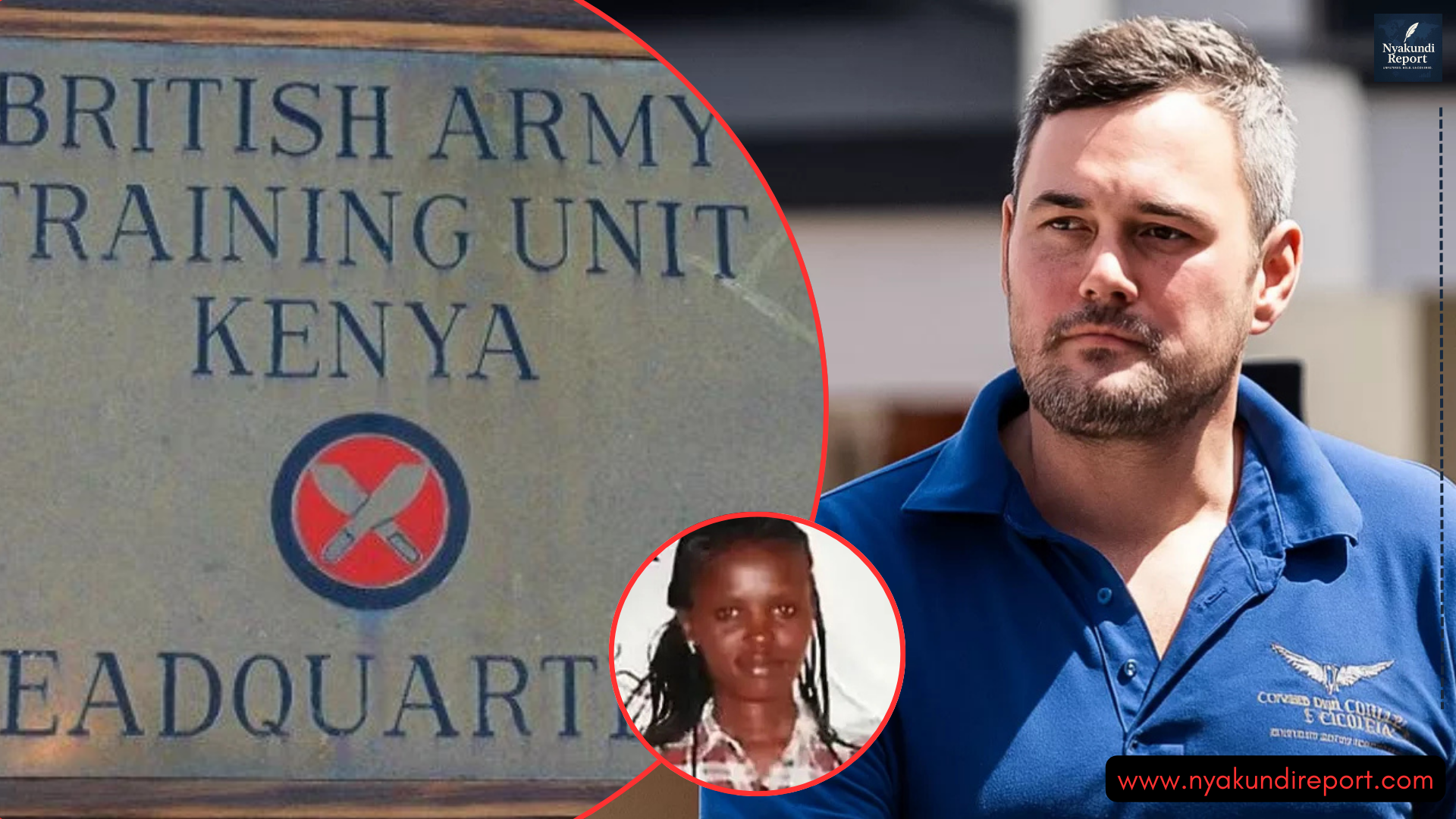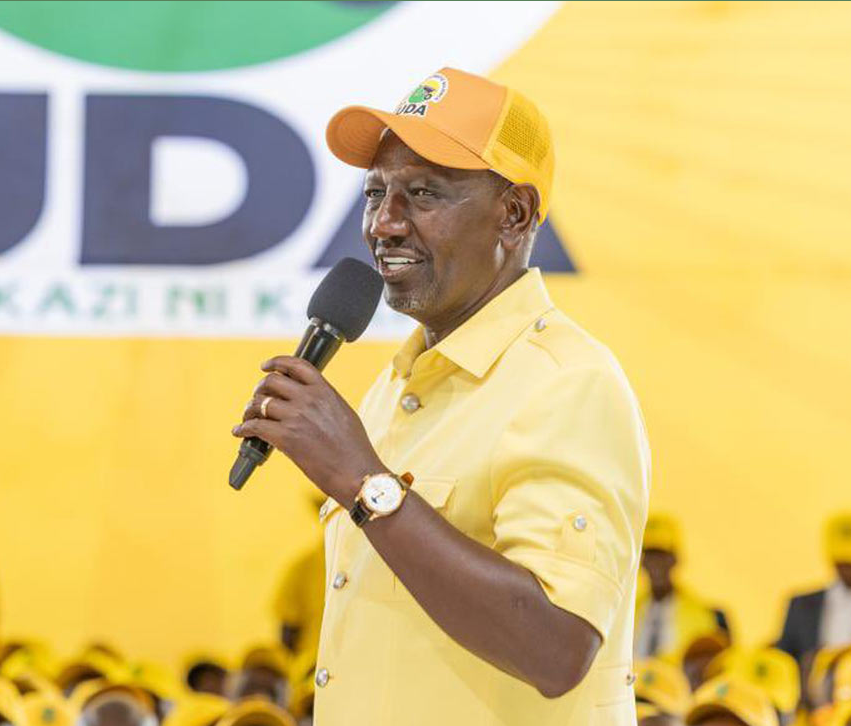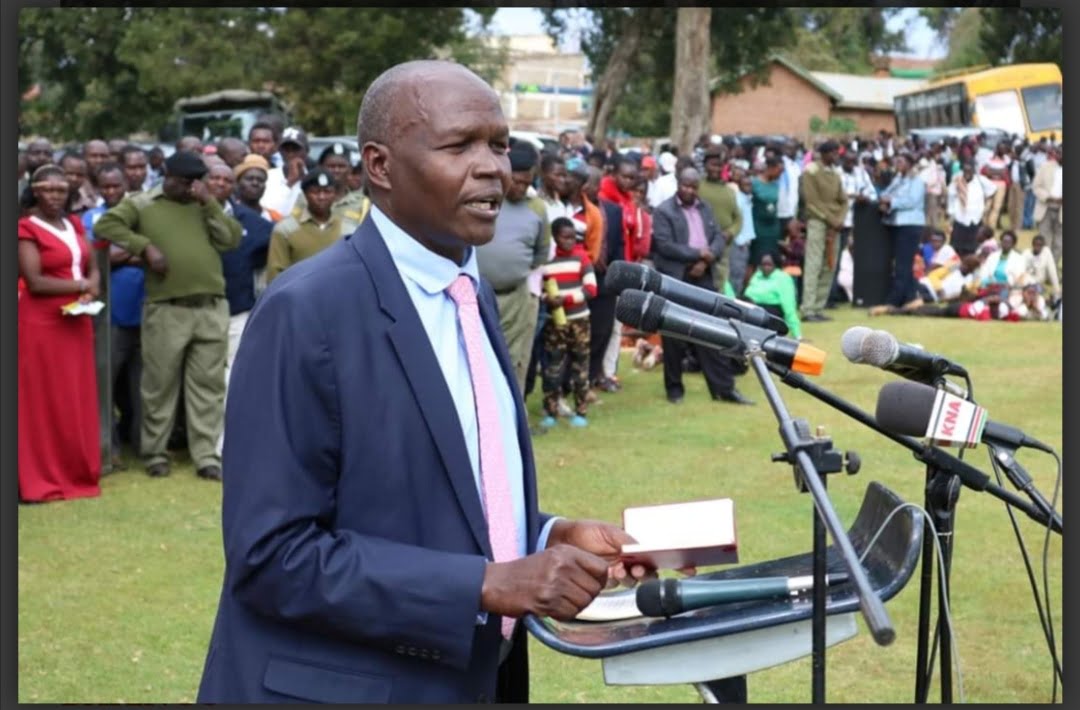The brutal death of blogger and teacher Albert Ojwang while in police custody has sent shockwaves across Kenya. Now, three police officers—including Nairobi Central Police Station OCS Samson Talaam—have been charged with his murder, alongside three others.
The Director of Public Prosecutions (DPP) Renson Ingonga approved the charges following investigations by the Independent Policing Oversight Authority (IPOA).
The accused are said to have fatally assaulted Ojwang while he was being held at the Central Police Station on June 8, 2025. This article explores how a suspected cover-up has unraveled, revealing chilling abuse of power.
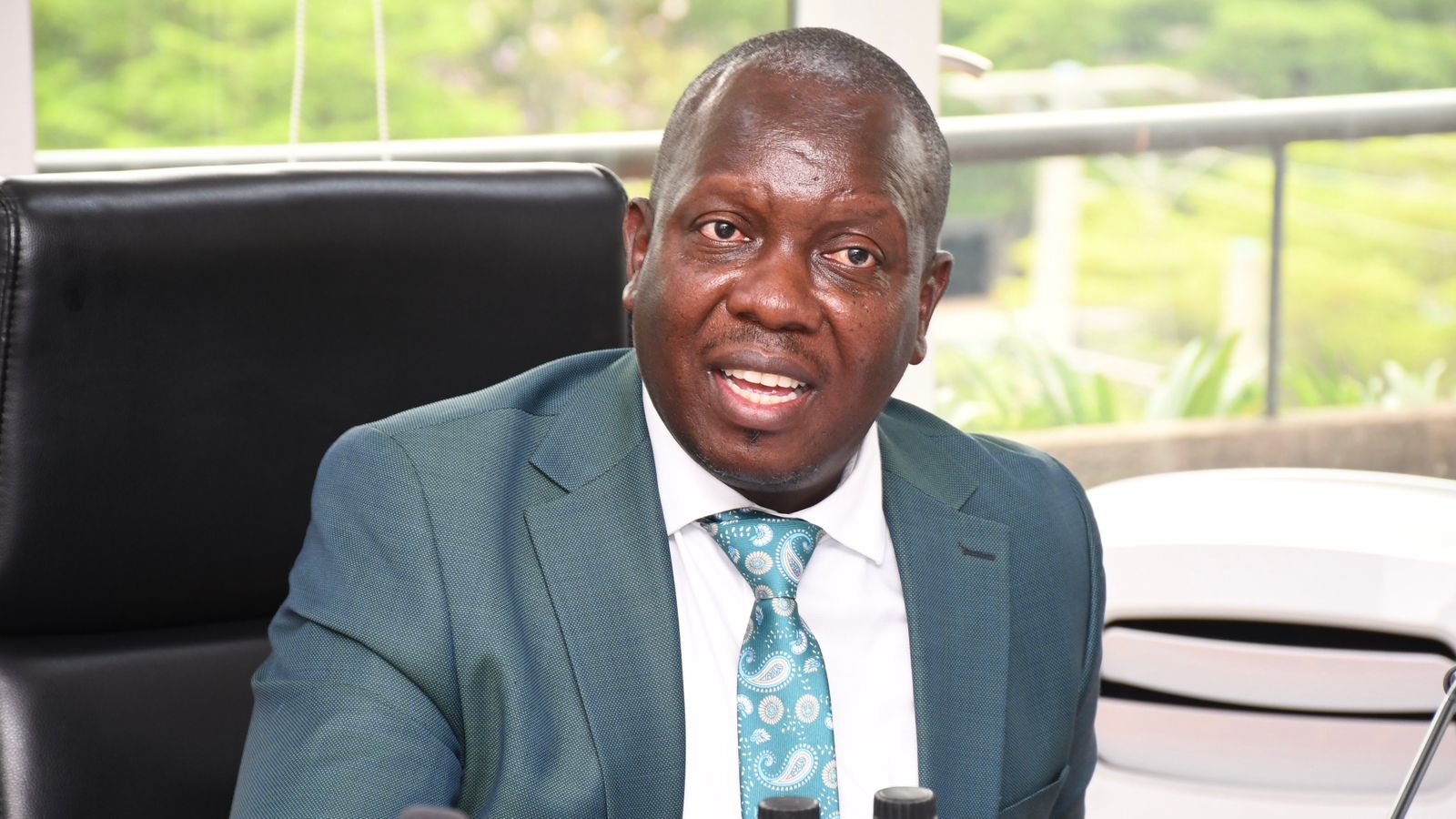
DPP Approves Charges Over the Murder of Blogger Albert Ojwang
The DPP confirmed on Monday that six individuals—including OCS Samson Talaam, Constables James Mukhwana and Peter Kimani—will face murder charges in connection to the killing of Albert Ojwang.
IPOA submitted its investigative file to the DPP’s office on June 22. A team of senior prosecutors reviewed the case and concluded that there was sufficient evidence to proceed with murder charges. The accused are currently being arraigned at the High Court in Kibera under Section 204 of the Penal Code, which deals with unlawful killing.
The incident stems from events at the Central Police Station in Nairobi, where Ojwang was allegedly assaulted while in custody. He died shortly afterward, raising immediate suspicion and public outcry.
OCS Talaam, who had reportedly fled Nairobi after the incident, was arrested on June 13 in Eldoret. Last week, the High Court ruled that he would remain in custody for 15 days to allow for completion of investigations. Magistrate Benmark Ekhubi denied his bail request, stating that there were compelling reasons to believe Talaam could interfere with witnesses or evidence.
CCTV Tampering and a Possible Cover-Up
Adding to the gravity of the case, the prosecution revealed that efforts were made to delete surveillance footage that may have captured the assault or its aftermath. On June 17, two days before OCS Talaam was ordered held, the DPP accused him of paying a technician to delete the CCTV footage from the station’s security system.
Legal counsel representing the DPP told the Milimani Law Courts that a technician had been paid Ksh3,000 to erase video recordings from the night Ojwang died. While it was not publicly disclosed who paid for the deletion, the prosecution stated that Talaam – as the officer in charge of the station’s surveillance systems – contracted the technician.
The move was allegedly a calculated attempt to hide evidence that could link the officers to the killing. The tampering of CCTV footage has since become a crucial piece of the ongoing case, painting a picture of officers not only committing a crime but working to cover it up.
Despite the allegations, Talaam has denied involvement in Ojwang’s death in several court sessions. He has also not publicly addressed the CCTV deletion claims.
National Outrage and the Demand for Accountability
The murder of blogger Albert Ojwang has stirred national anger, with civil society groups, activists, and citizens demanding justice and police accountability. Many see the case as yet another example of unchecked brutality within Kenya’s police service – a system often accused of operating with impunity.
IPOA’s swift investigation and the DPP’s decision to prosecute have been hailed by human rights advocates, who have long called for an end to extrajudicial killings and abuse in police cells.
The involvement of a senior officer like OCS Talaam has amplified concerns that high-ranking officials are not only participating in violent crimes but also abusing their authority to shield themselves from prosecution.
As the trial continues in Kibera, Kenyans are closely watching to see whether the justice system will hold all six accused individuals accountable. Many believe that a conviction in this case could set a precedent and signal a shift towards greater transparency in law enforcement.

